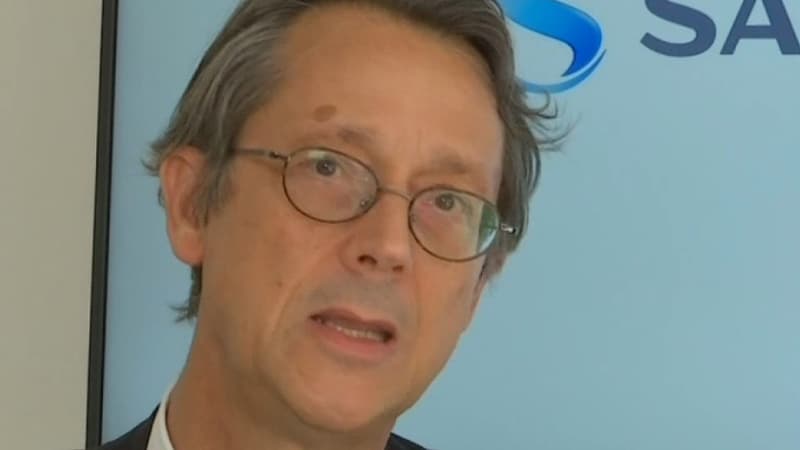When you take an Airbus or Boeing plane, there is a good chance that it is powered by an engine developed and manufactured by the French company Safran. Therefore, the manufacturer is at the center of the decarbonization efforts of the sector, which aims to achieve neutrality by 2050.
The Holy Grail to reach? The electric motor that at the moment is science fiction for commercial airplanes. But Safran believes that he has his card to play. At BFM Business, on the occasion of the Paris Air Show, Olivier Andriès, Managing Director, has a clear objective:
And to explain: “It is not enough to take an electric motor out of the automotive sector to put it in an airplane, it is much more complicated. The first issue is flight safety. We will be the first to certify an electric motor, we already have five clients who are players in general aviation or new mobility. We decided to assemble these engines in Niort in the Charentes.”
Made in Niort
Difficult to give a precise horizon for this revolutionary engine. Meanwhile, like its competitors, Safran is working on conventional engines (which run on kerosene and so-called clean fuels) that are increasingly lean.
“As a world leader, we wanted to achieve a technological breakthrough. We are constantly advancing. To achieve neutrality in the aircraft of the future, we must take a technological leap,” explains Olivier Andriès.
This new engine, baptized “Rise” “is not faired”, which allows us to double the size of the fan (at the front of the engine), drastically improving the propulsion efficiency of the engine. This engine will save 20% fuel. % compared to the latest generations of engines launched less than 5 years ago”.
“We have announced an agreement with Airbus, which will carry out flight tests with an A380 in 2026/2027. We are working with them to integrate this engine. Our goal is to have it enter service in 2035 with Airbus or Boeing”, specifies Olivier Andries.
Classic engines becoming more fuel efficient
Safran thus underlines the incremental progress of its engines. “It will consume 20% more fuel than Leap (Safran’s latest engine, editor’s note), which in turn consumes 15% less than the previous generation. And the aircraft manufacturer will be able to provide an additional 10%. Reduce the consumption by 30%, this is achievable.”
Obviously, this technology will come at a cost for aircraft manufacturers and airlines and therefore in ticket prices. But for the general director, “we are convinced that passengers will be willing to accept paying slightly more expensive tickets so that aviation is decarbonized.”
The sum of these advances should, according to him, make it possible to achieve the objective of neutrality in the sector.
“30% will come from technology, 10% from operations (trajectories, ground maneuvers, etc.), and we think that 50% will come from sustainable fuels. If we manage to decarbonise up to 90%, we have already done everything.”
Source: BFM TV


